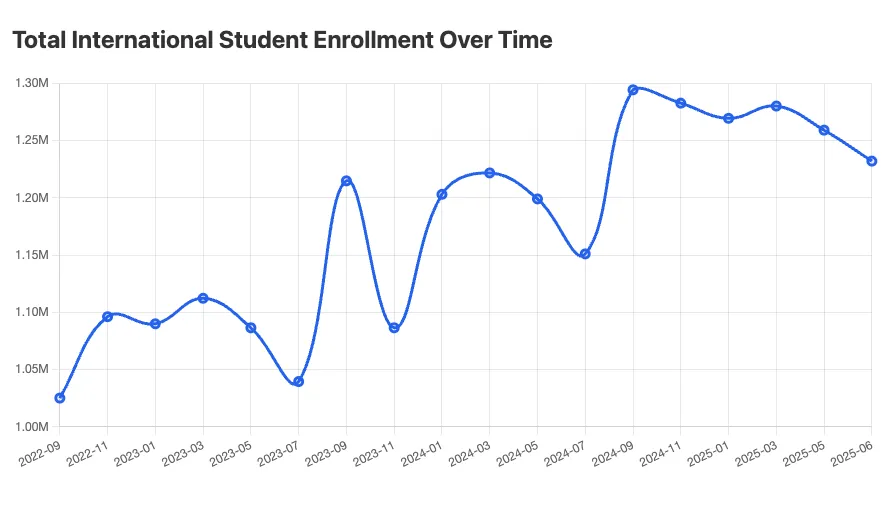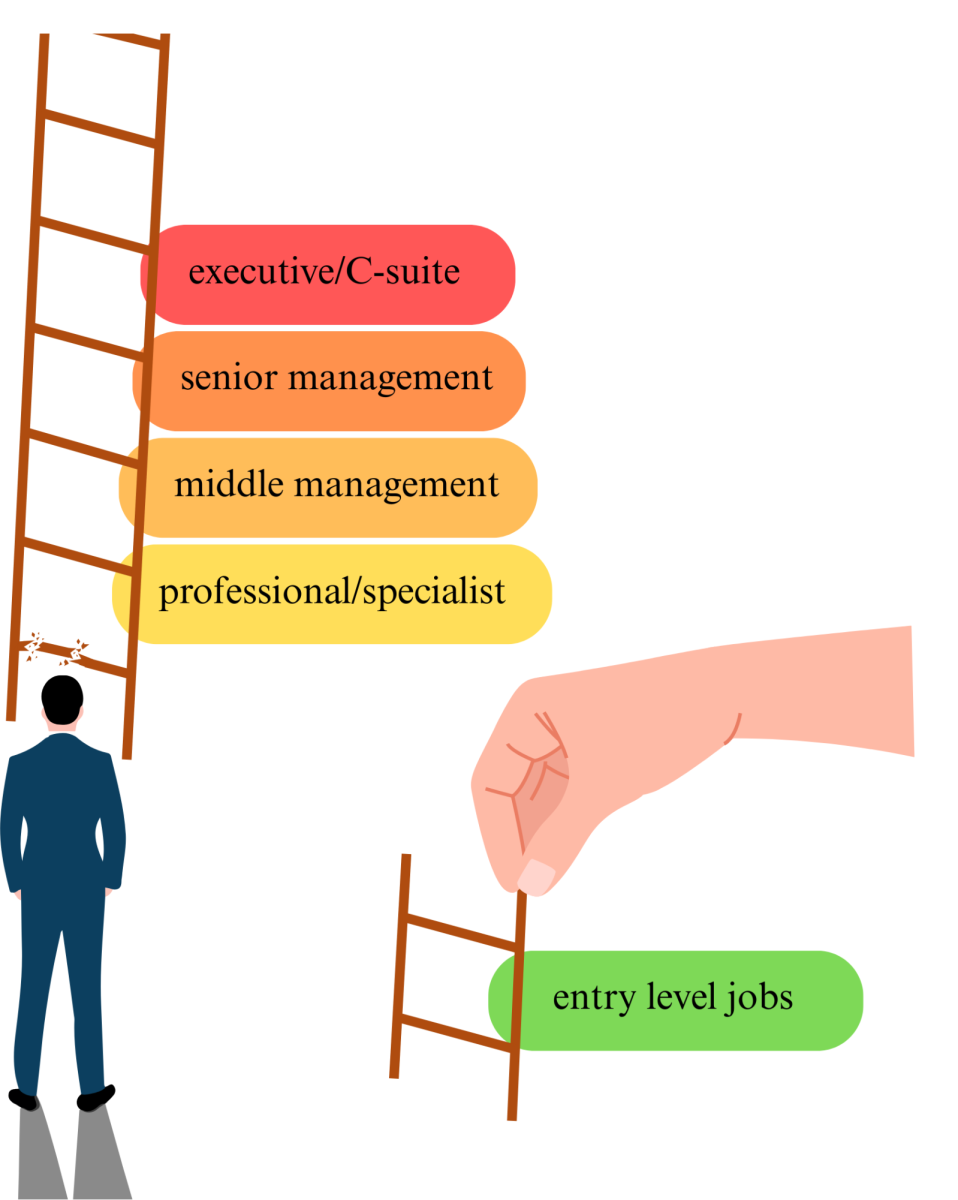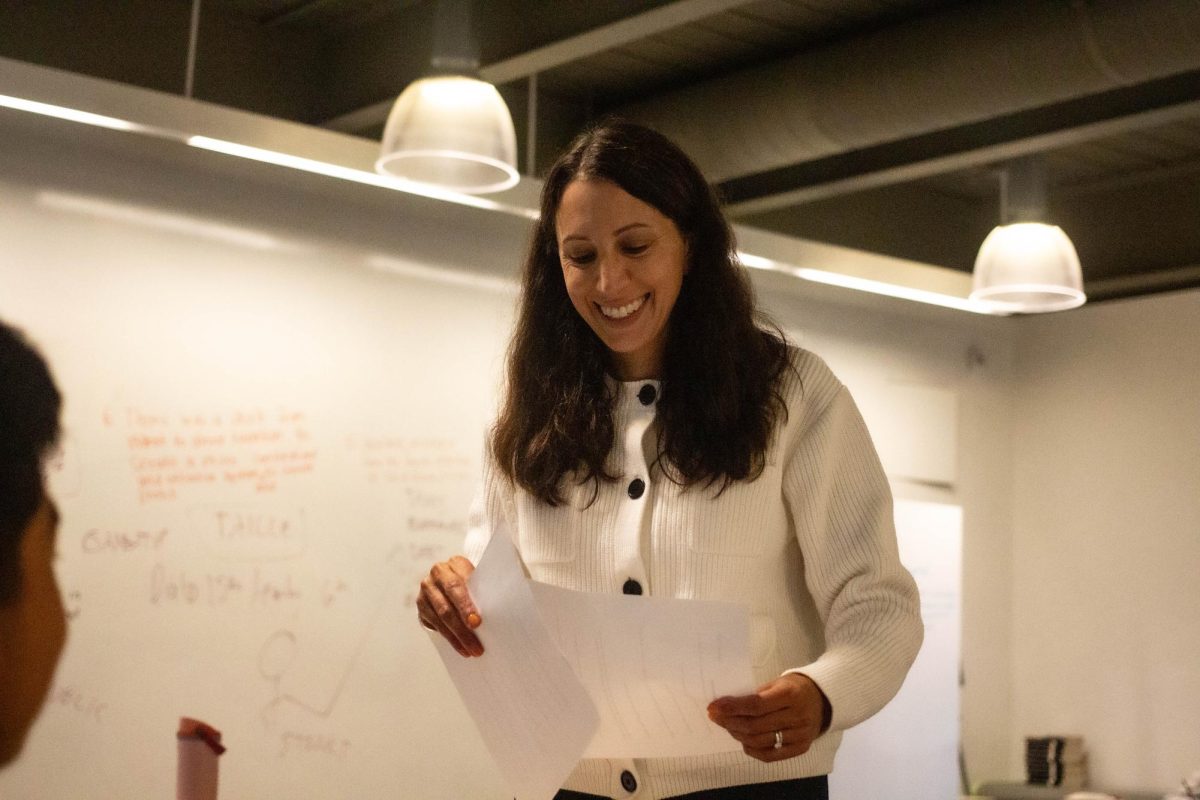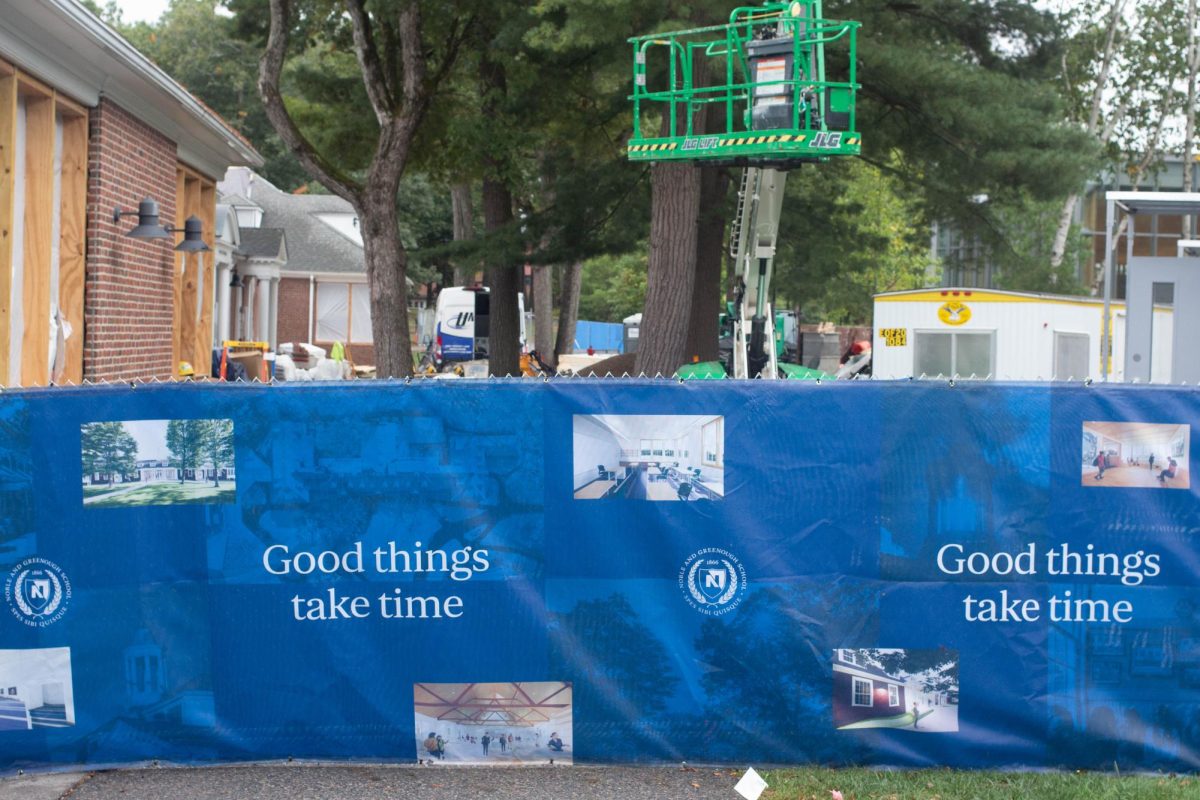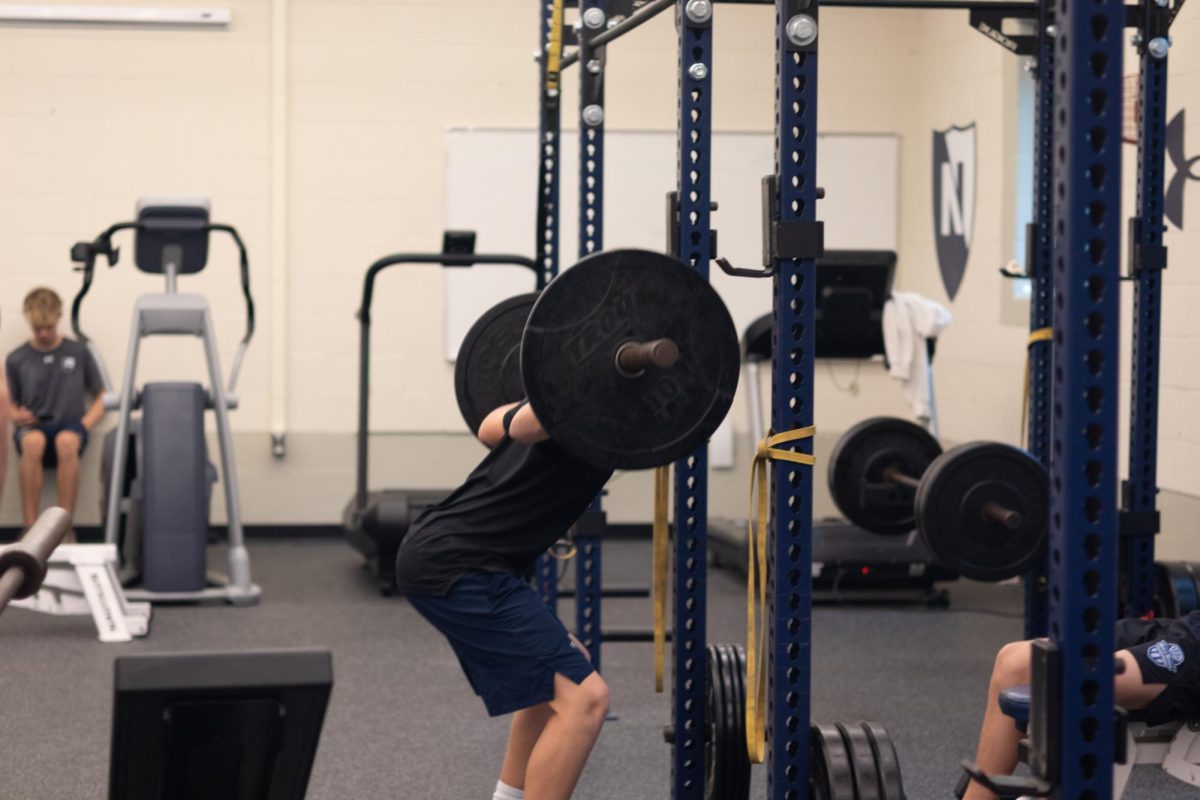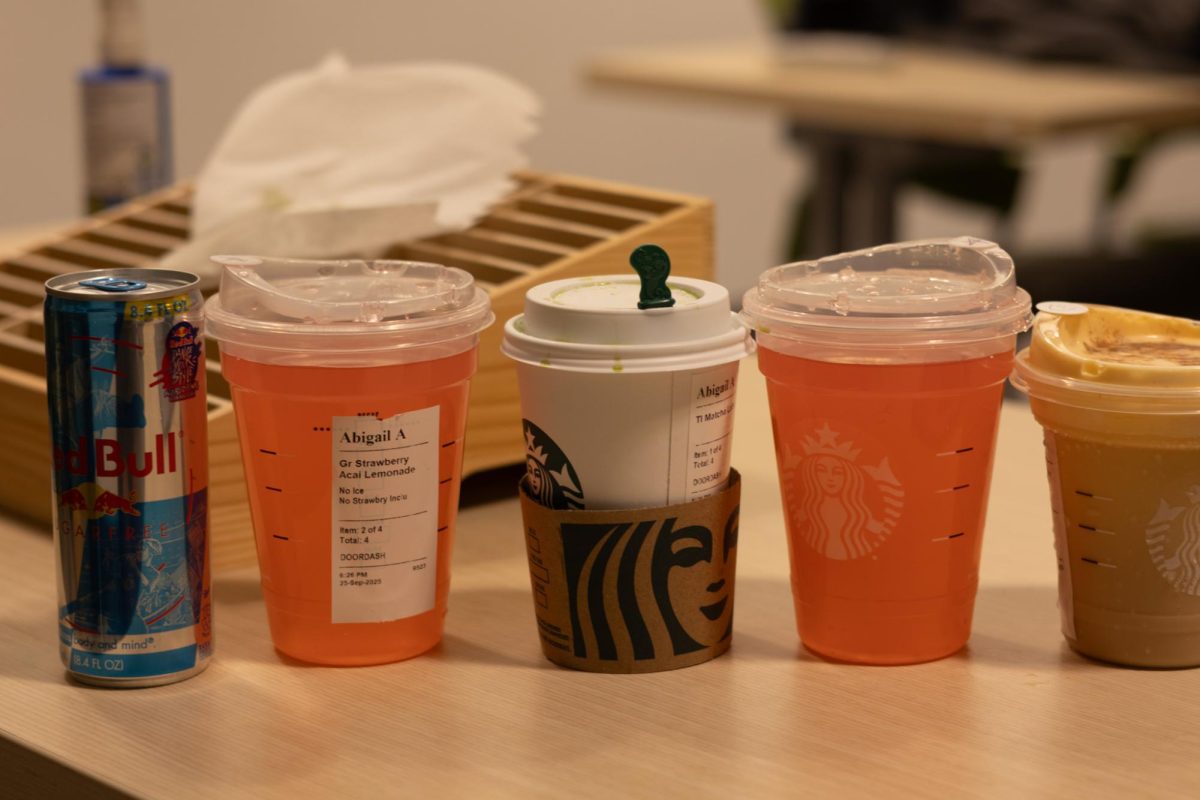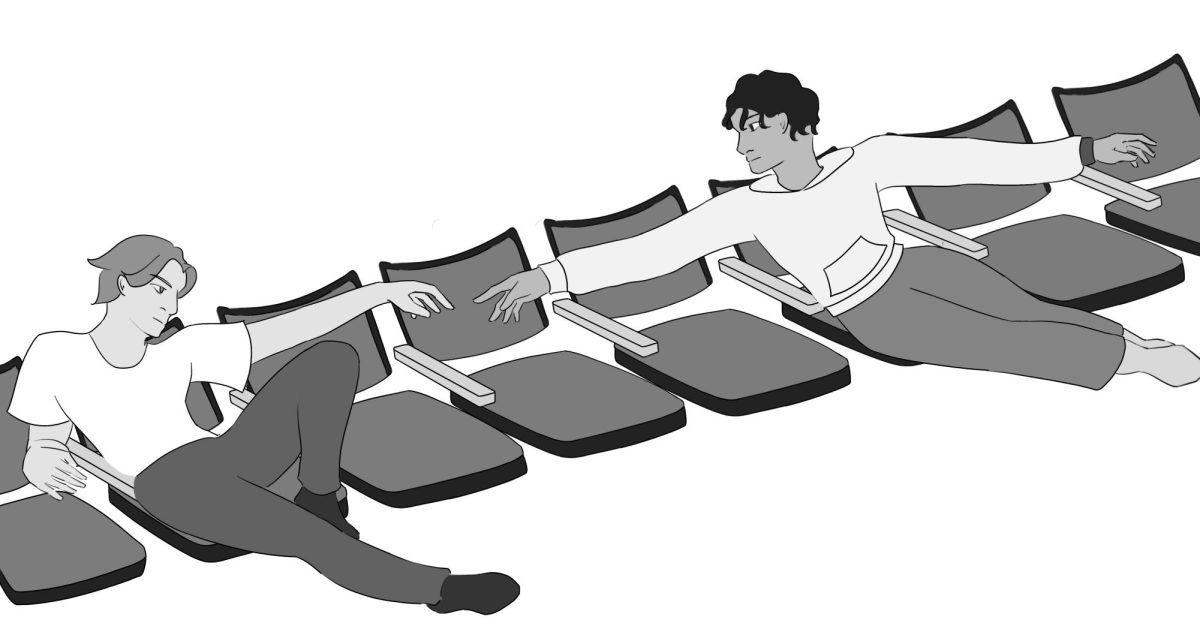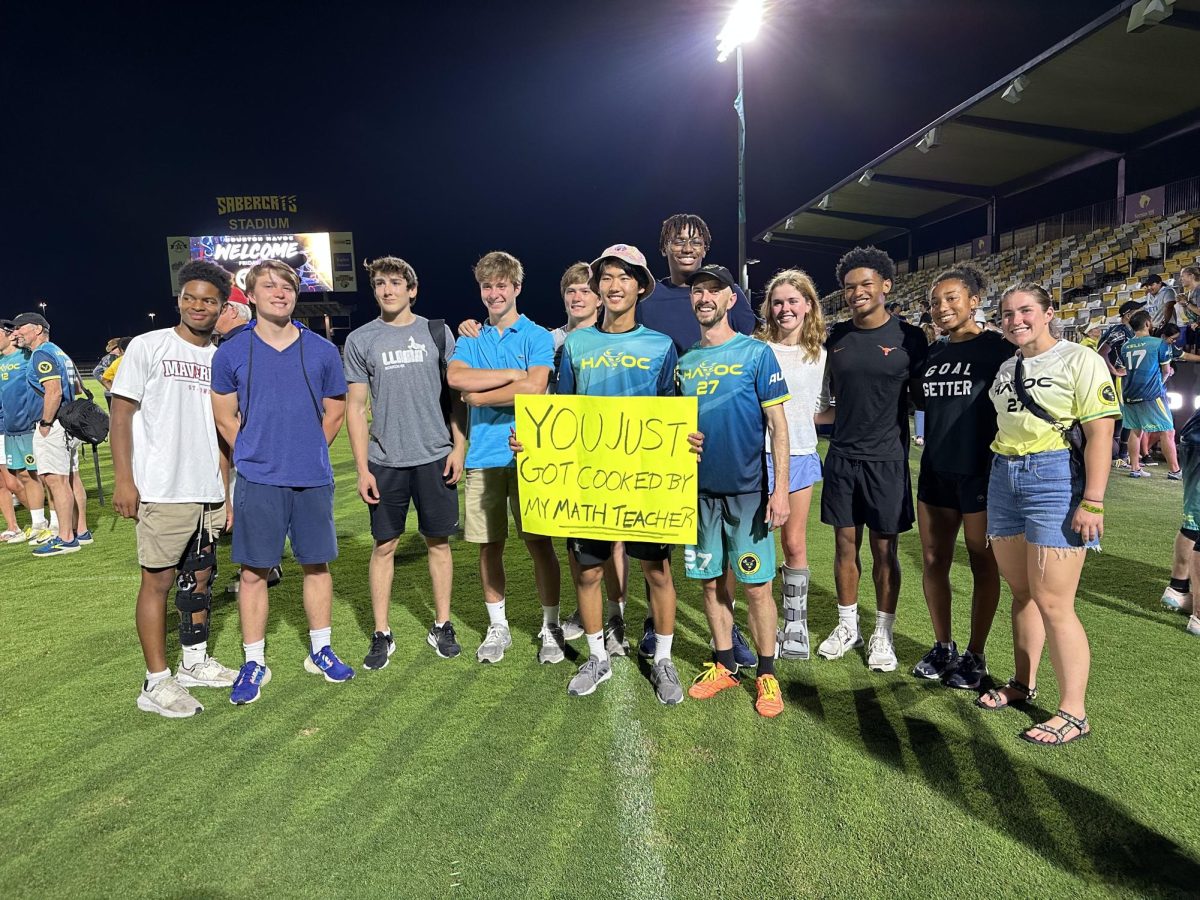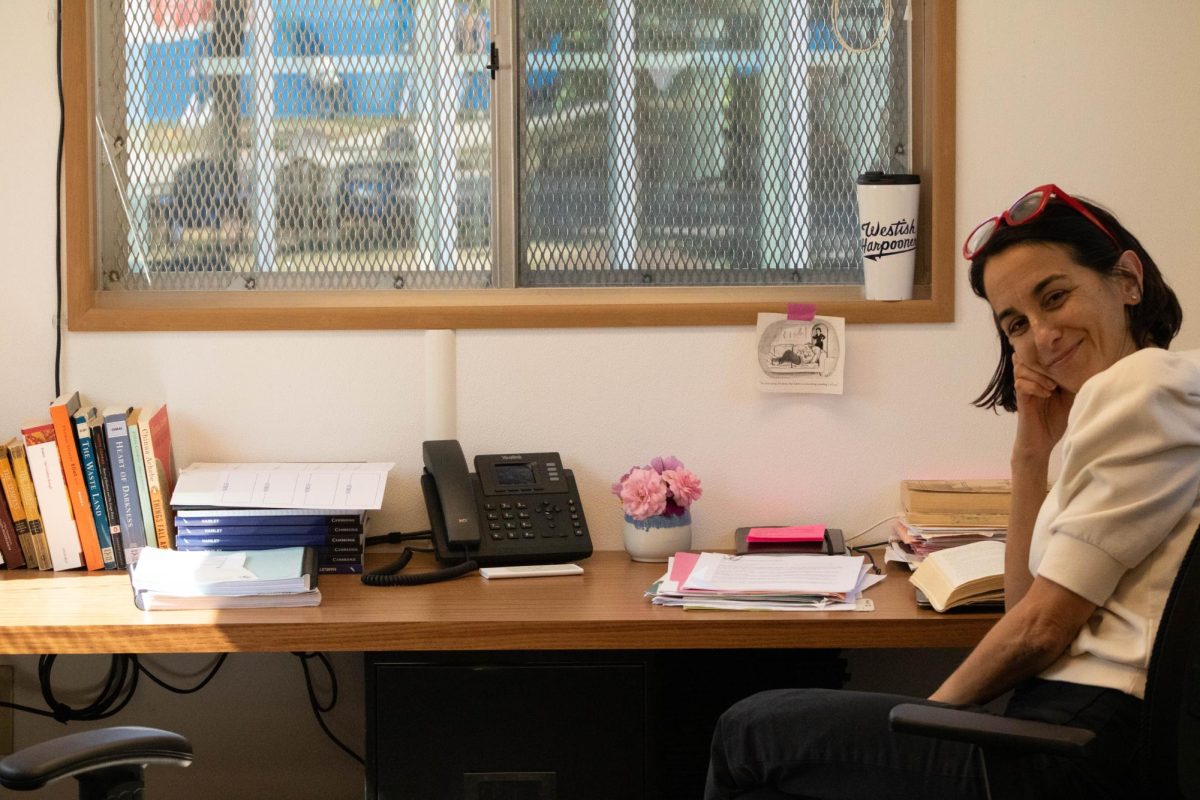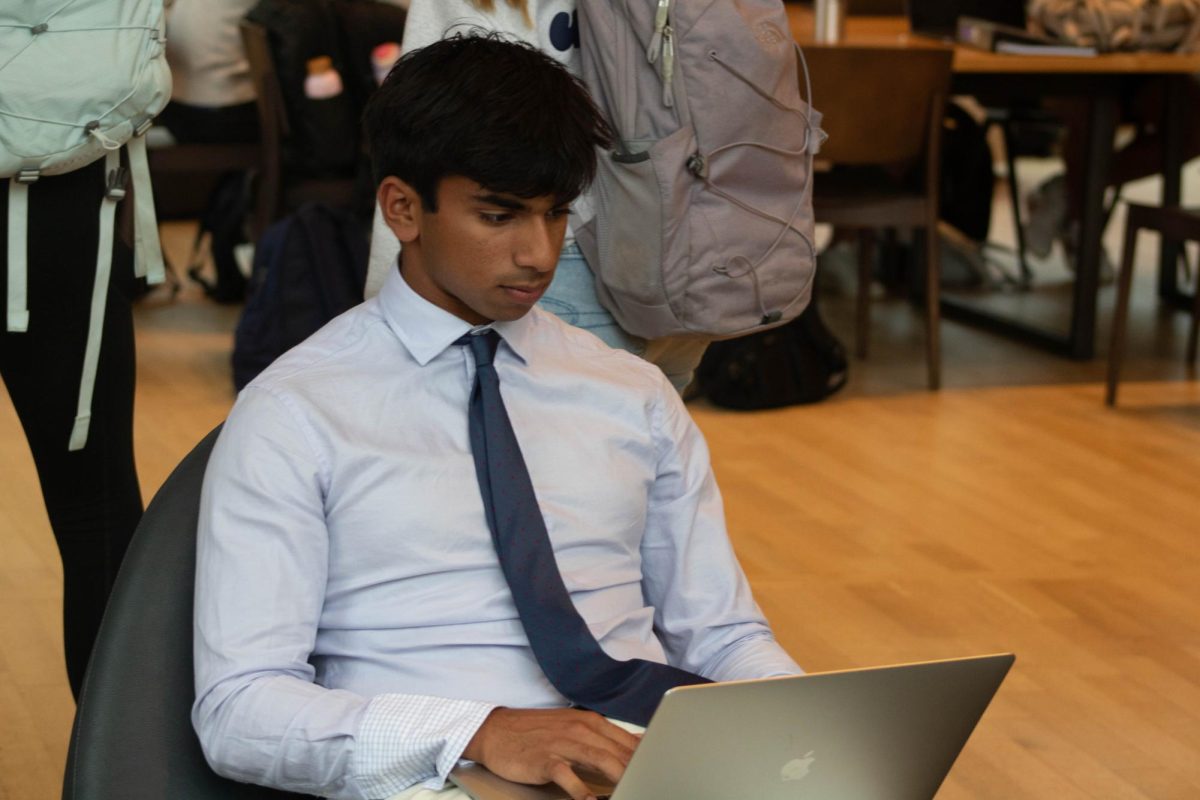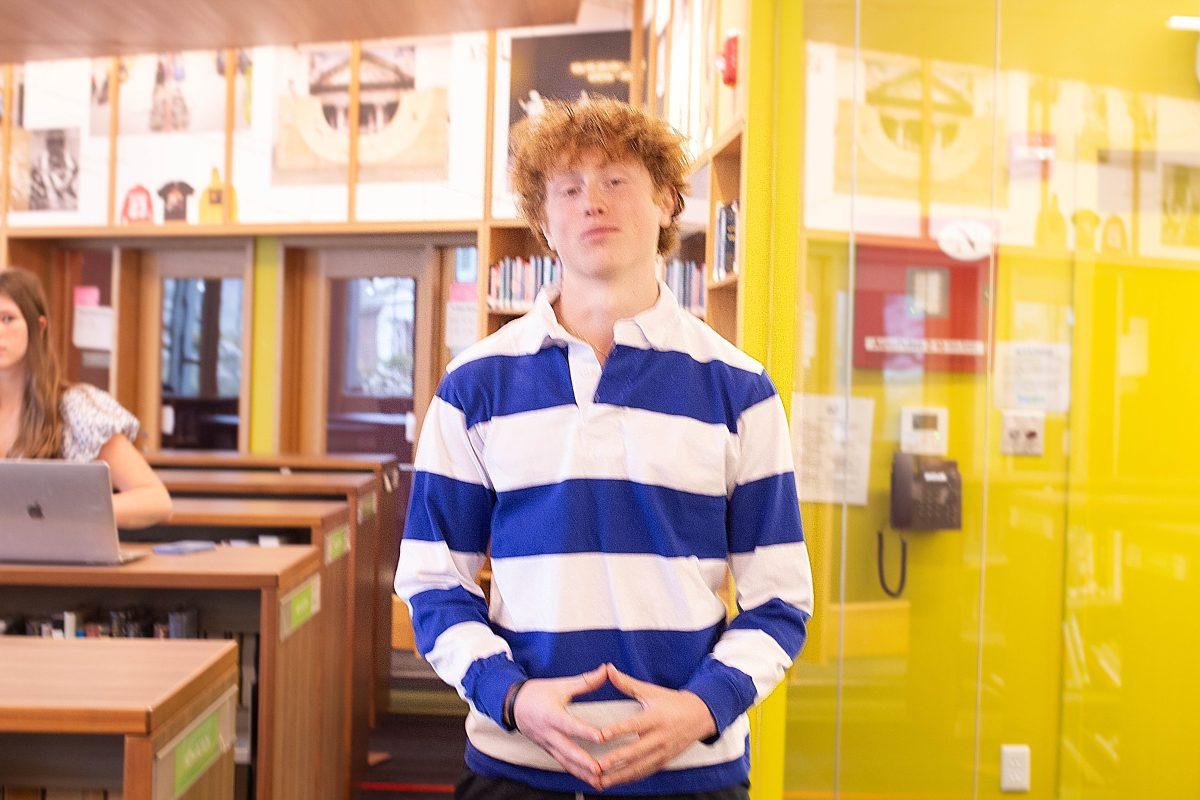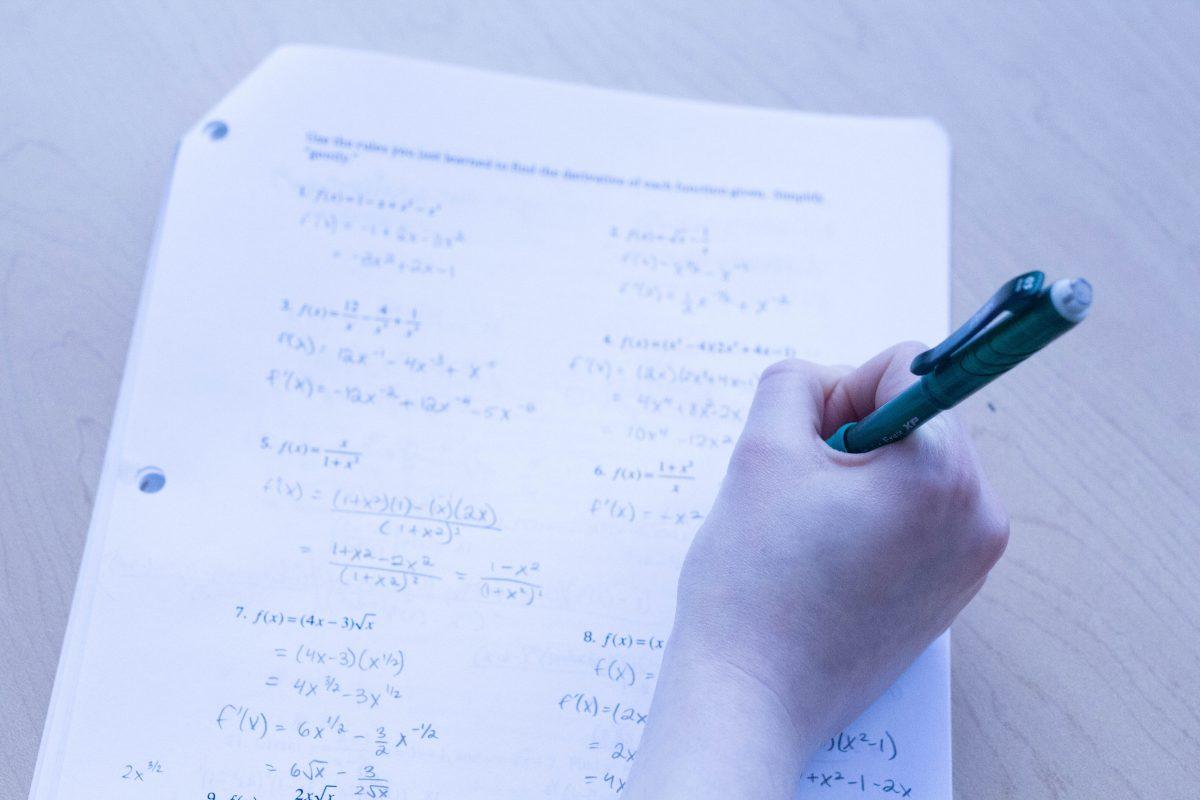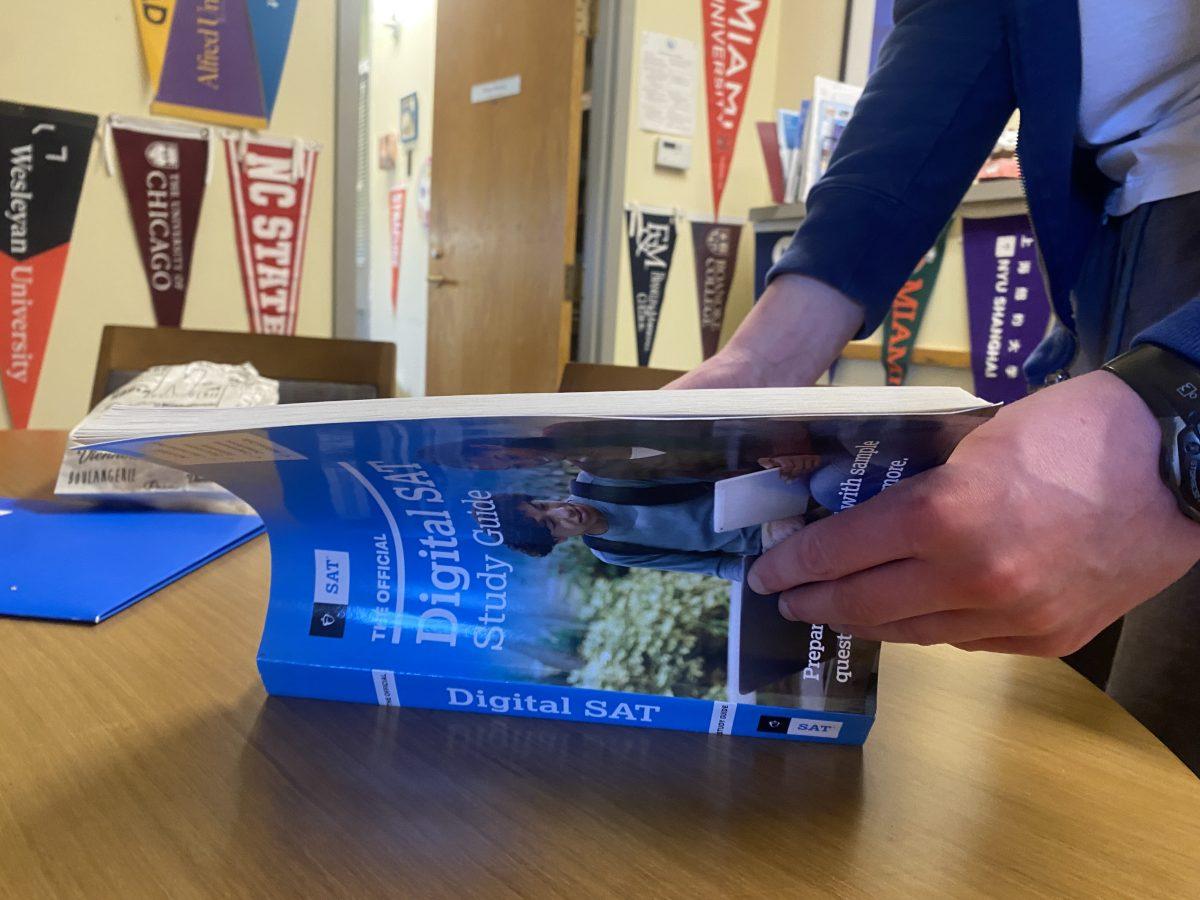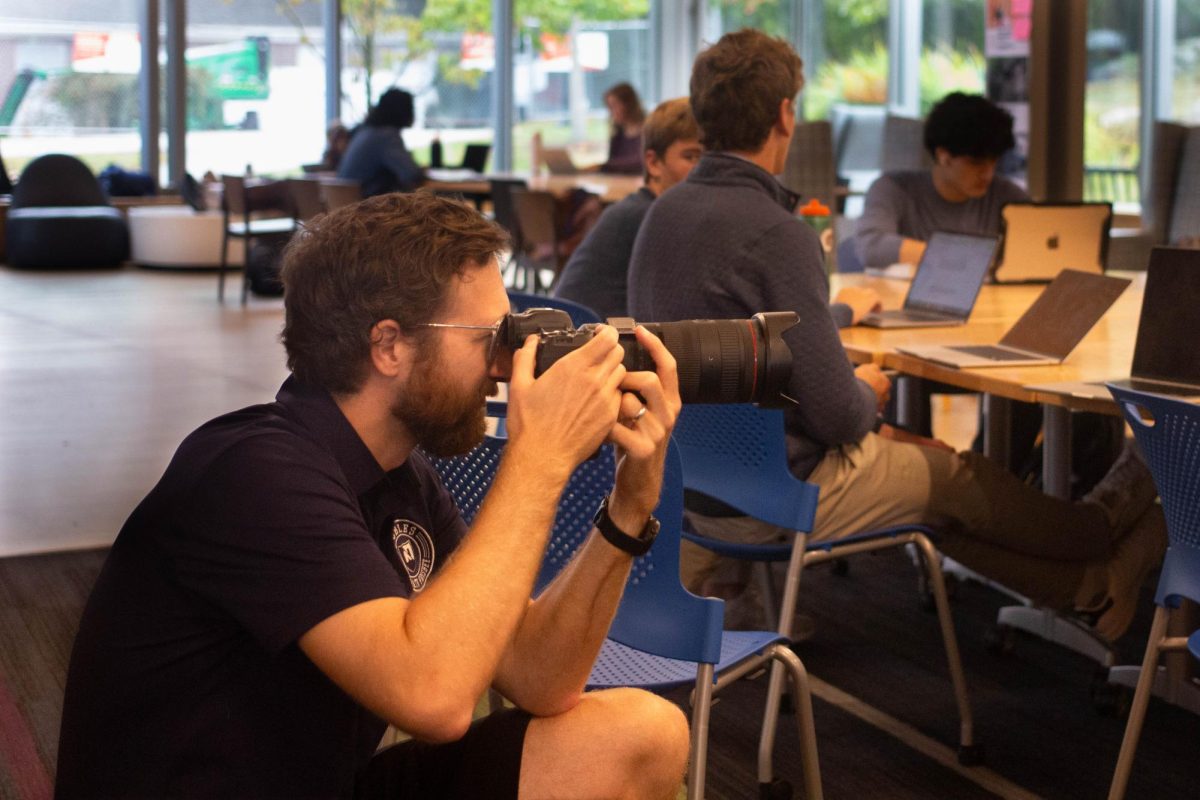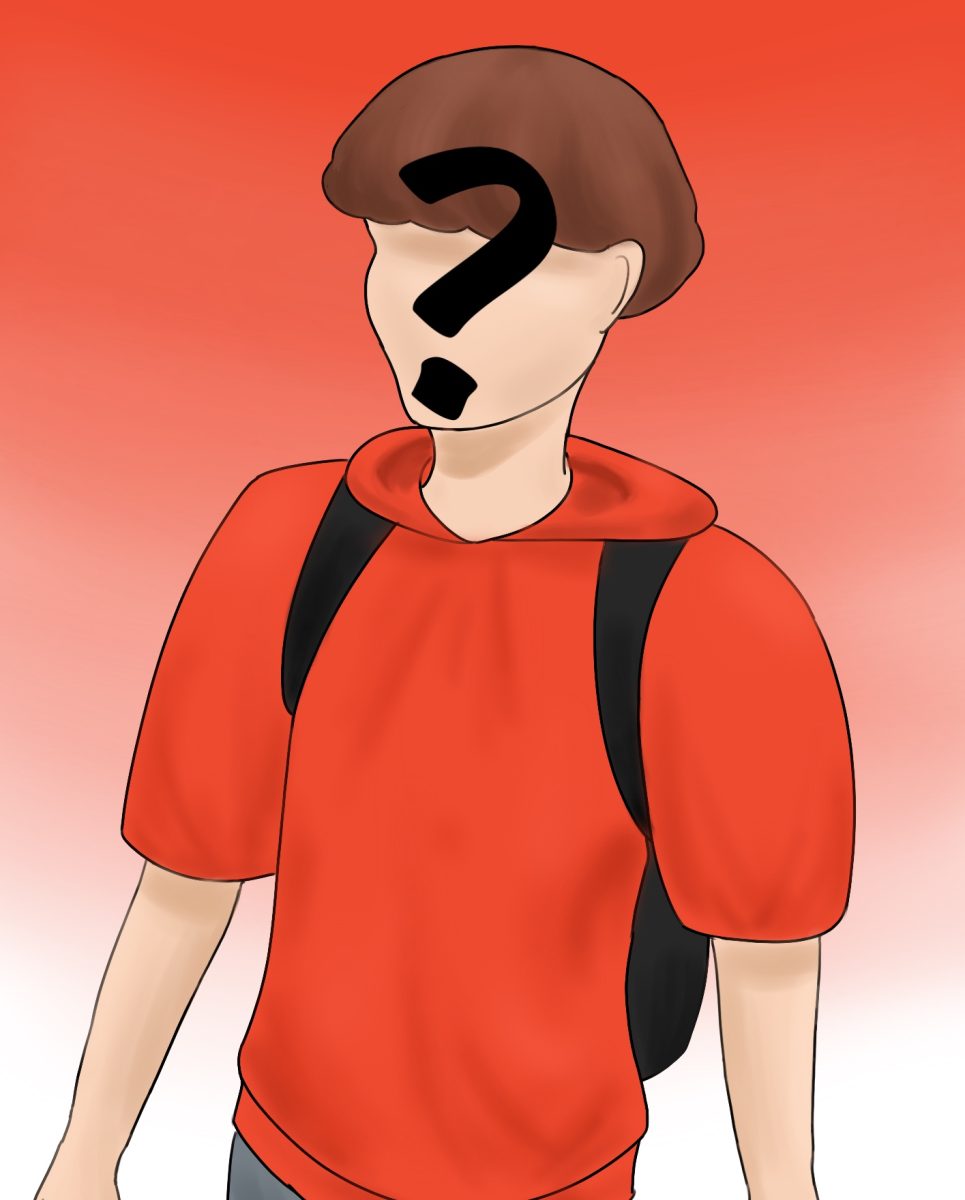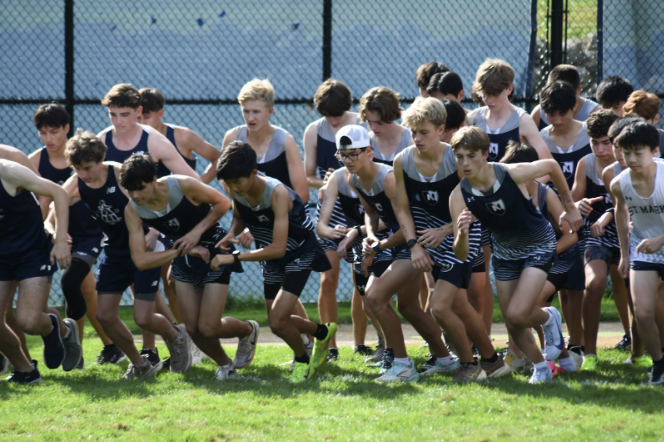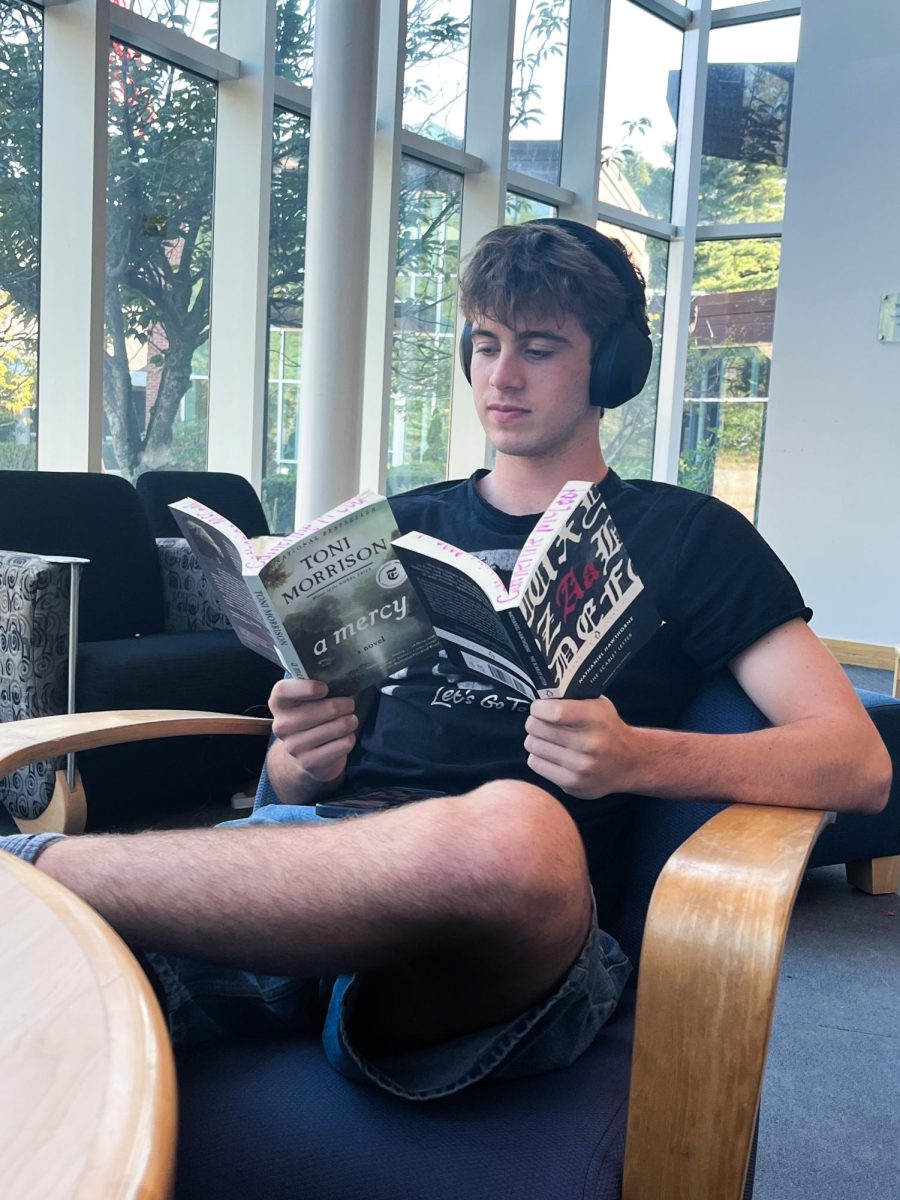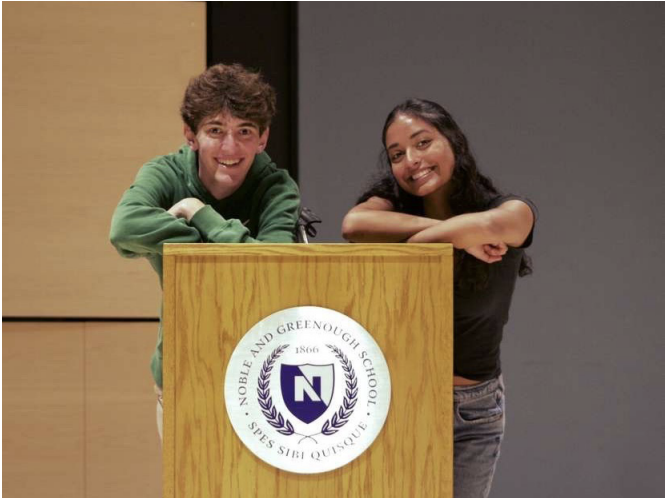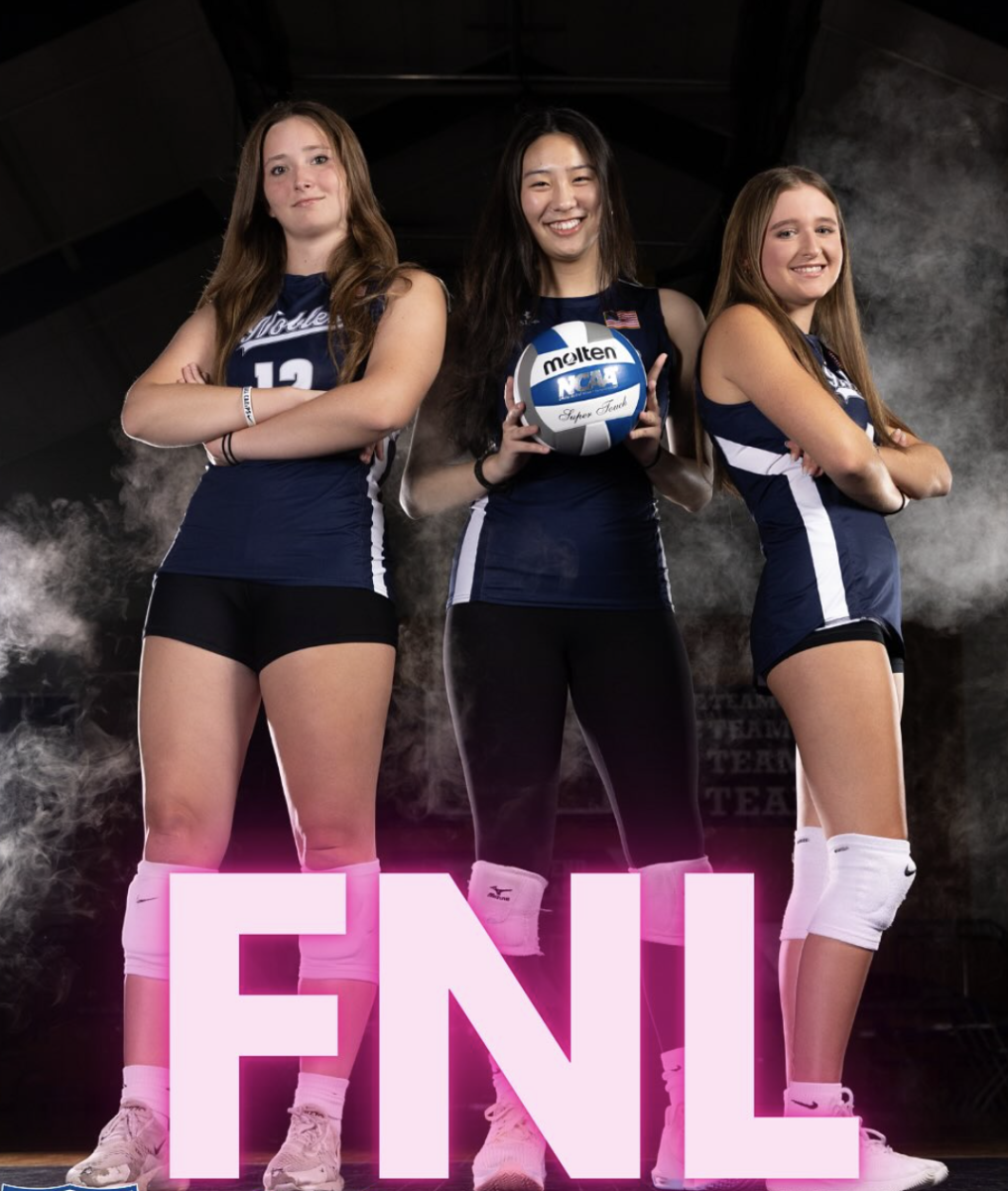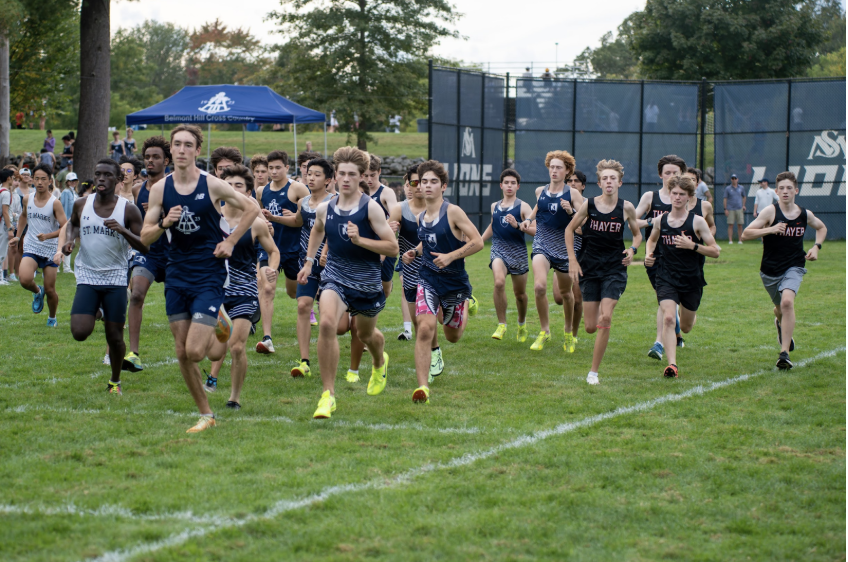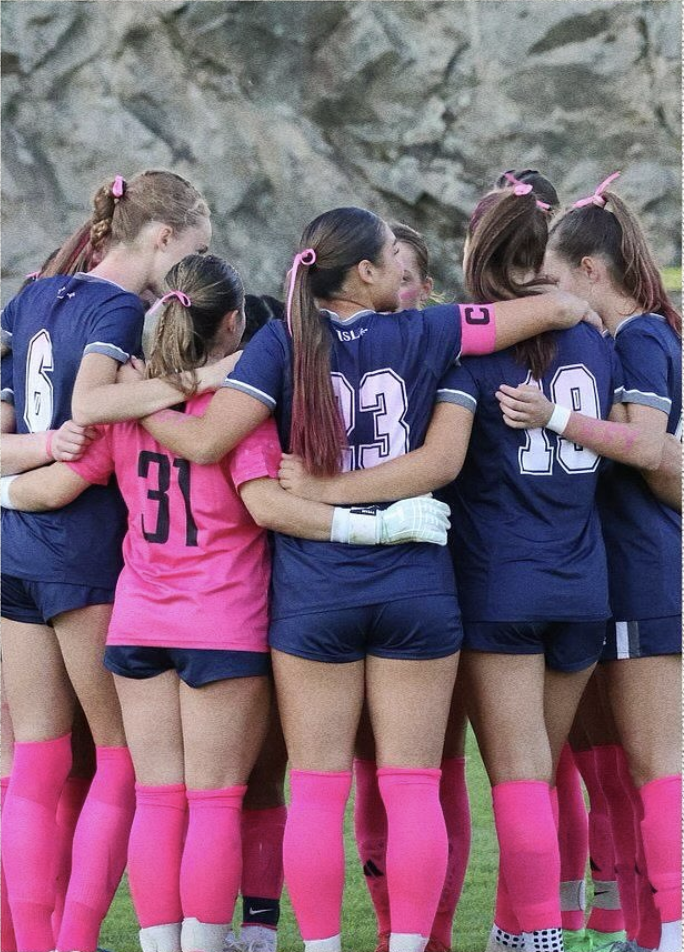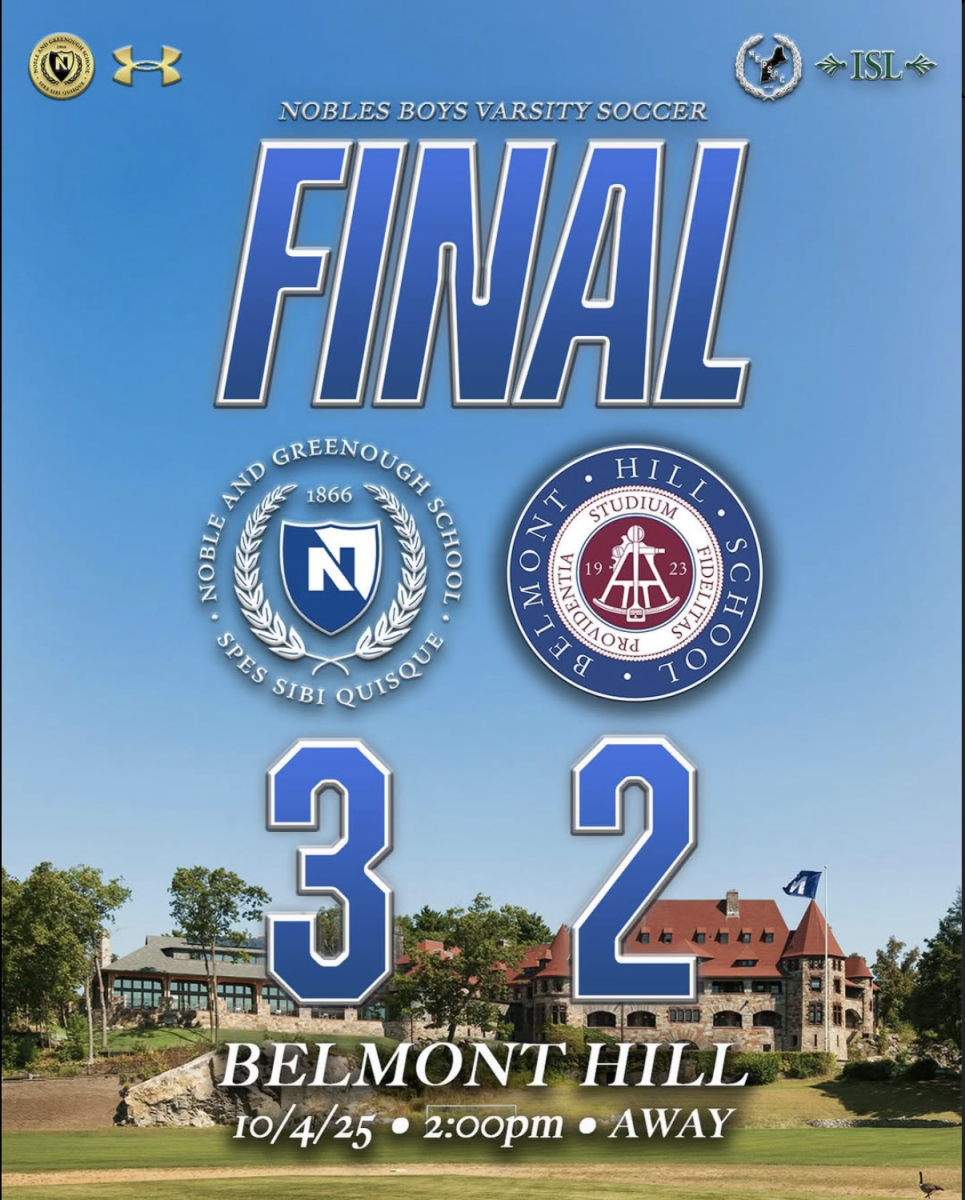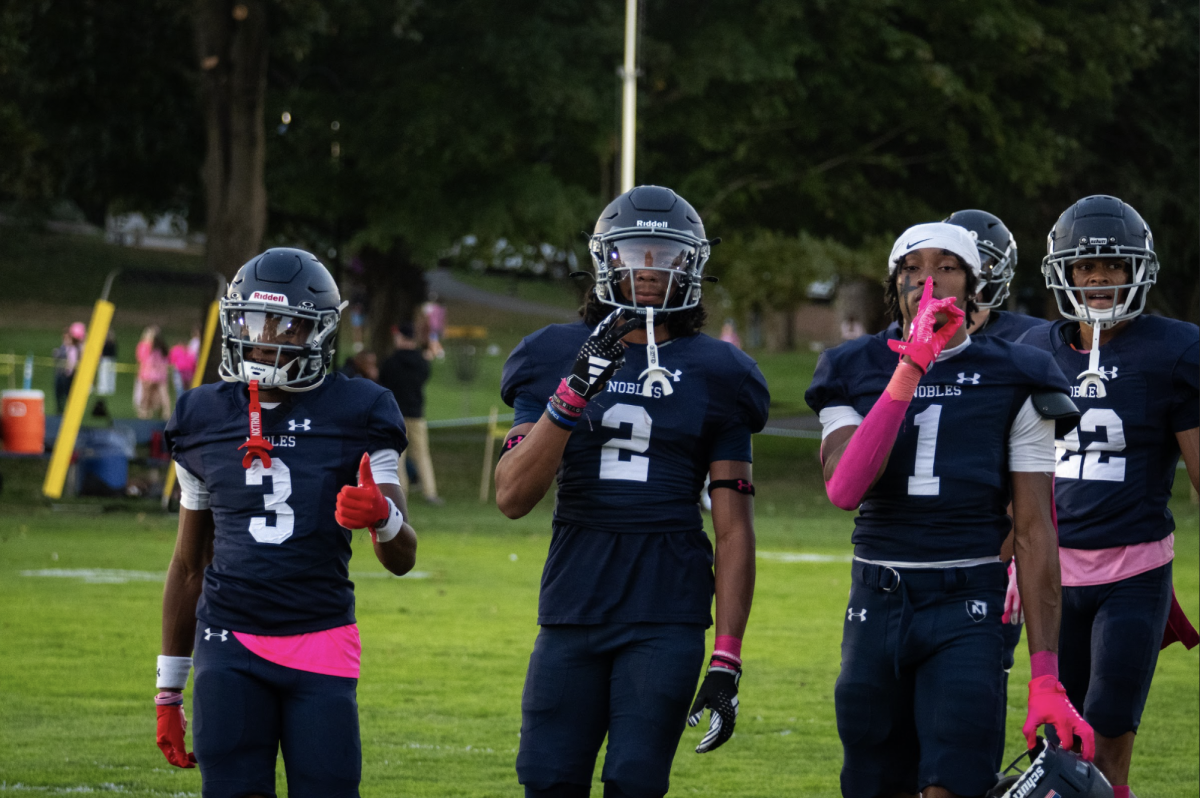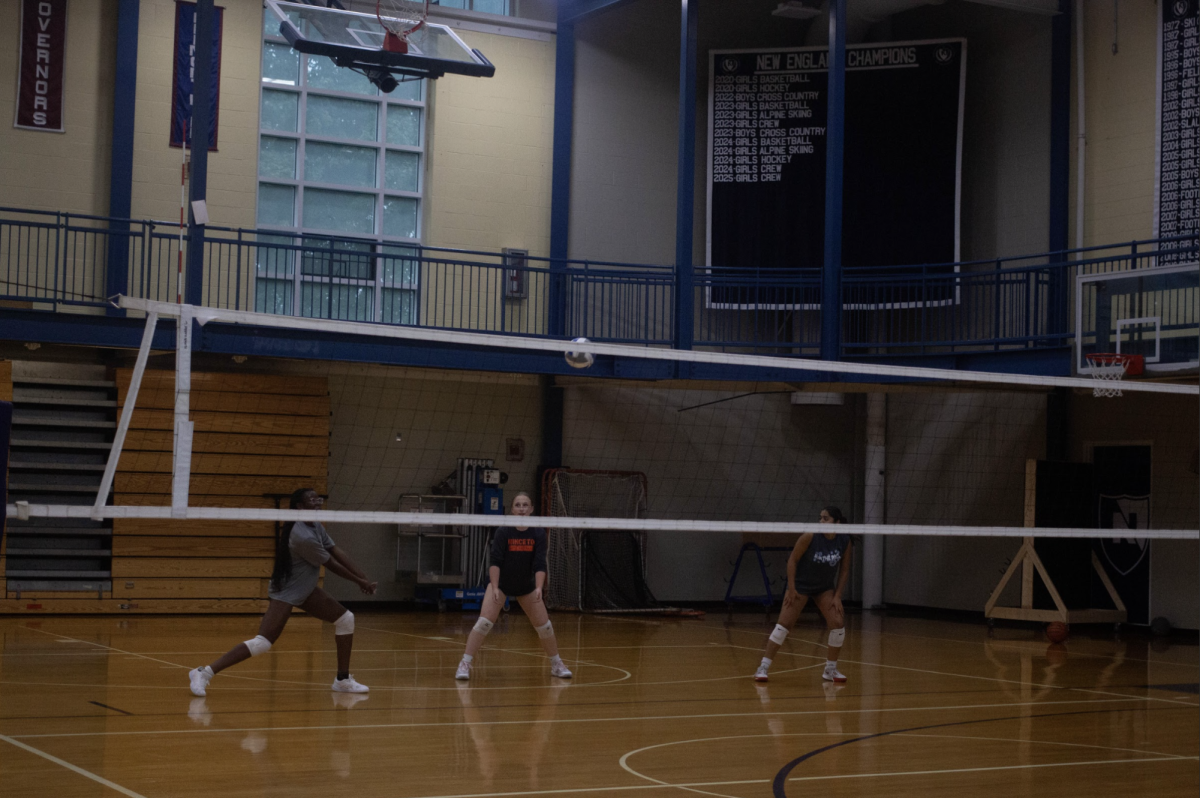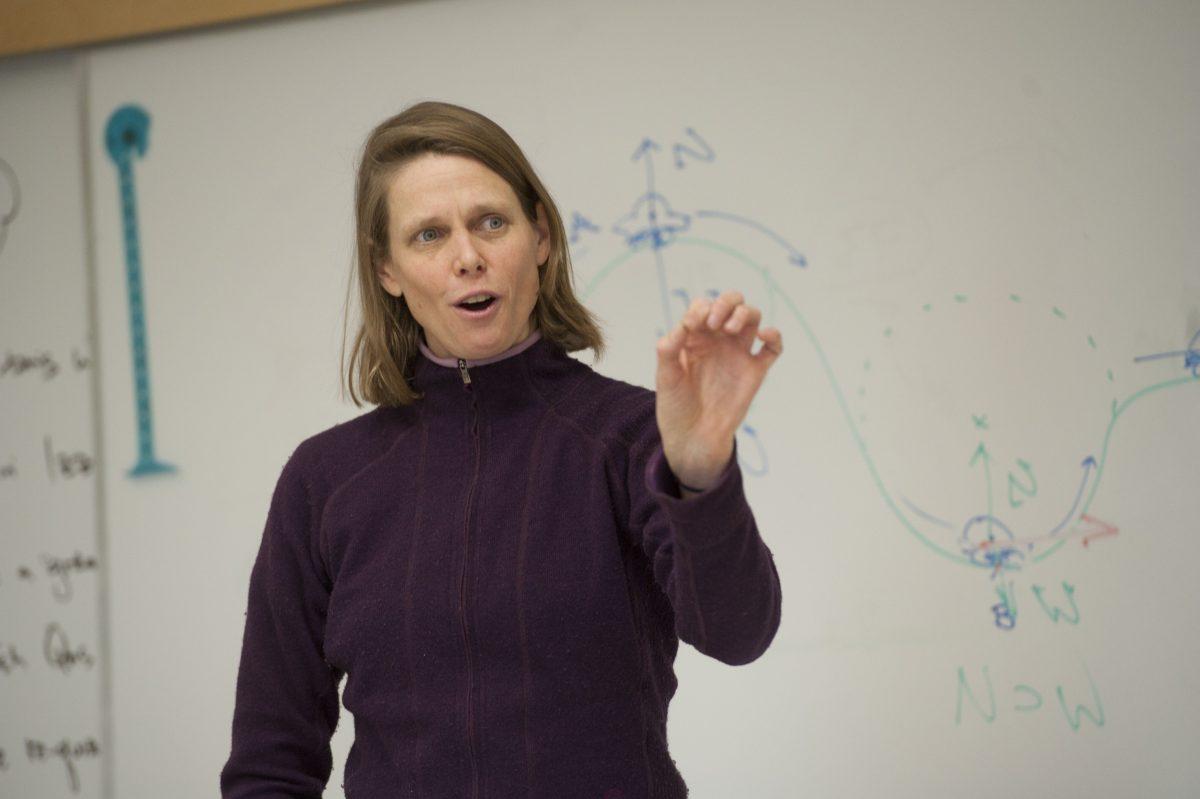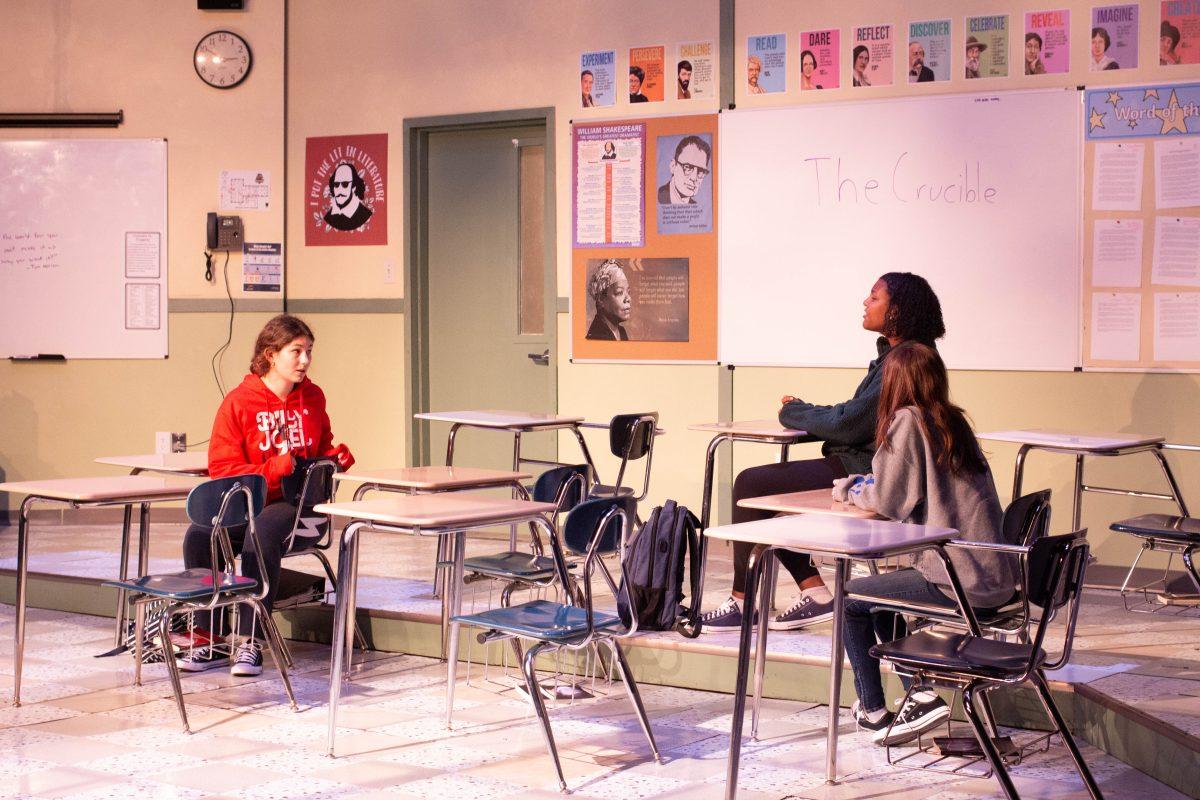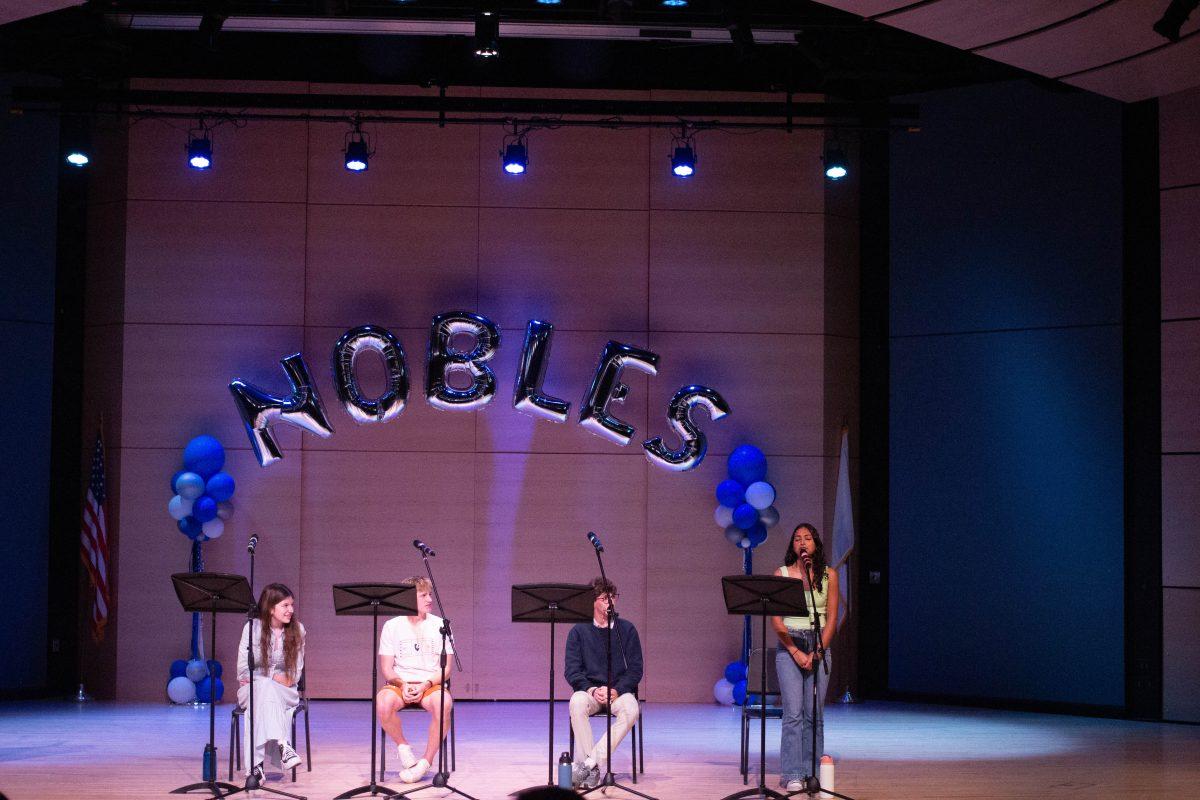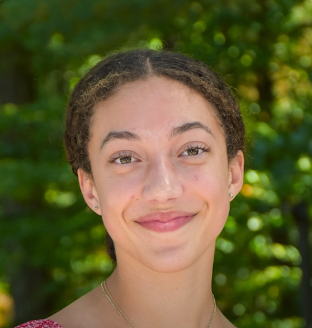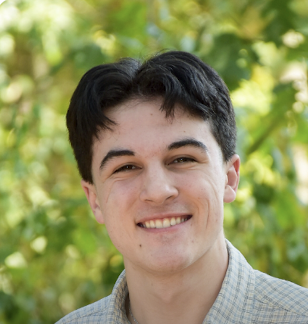As reported by The New York Times, Manasi Mishra of Silicon Valley graduated with a degree in Computer Science (CS) from Purdue University in May 2025, a top school renowned for its excellent STEM programs. One might assume a CS degree from a university as celebrated as Purdue would be highly valued, and that upon graduation, job offers would be piling up.
Shockingly, Mishra received only one job offer—from Chipotle Mexican Grill. Disappointed by her lack of worthwhile opportunities, Mishra pivoted to a career as a TikTok beauty and fashion influencer (@khuhlina).
Growing numbers of people trying to break into the workforce find Mishra’s experience relatable. As artificial intelligence (AI) has become more prevalent, it has replaced an increasing number of entry-level workers, such as Mishra, who have limited work experience, as a more economical and efficient alternative to human labor.
Many people entering the workforce in the next few years have been paying careful attention to the recent shifts in the labor market due to AI. These shifts have been extreme; CNBC notes that “postings for entry-level jobs in the U.S. overall have declined about 35% since January 2023 … with AI playing a big role,” and that “the U.S. labor market [has] hit its roughest patch since the pandemic.” Nobody knows for certain what effect these changes in the labor market will have on their futures, which elicits fear in some and curiosity and hopefulness in others.
Three different fields that AI will significantly impact are CS, art, and writing, forcing students who hope to enter these professional fields to rethink their paths. Some students take the documented paucity of job openings in CS to heart. William Johnson (Class III) values programming as a hobby but expresses little interest in pursuing it as anything more.
“The possibilities of a future in computer science [are narrowing], just because [coding] takes so long,” Johnson said. “So much experience [is required] to be able to do better than ChatGPT.”
Johnson is correct in believing that the realm of CS is changing; however, joining the field is not entirely futile. Although entry-level programming job openings are becoming increasingly scarce, higher-level programming careers continue to flourish.
“[People with] basic coding skills have been somewhat replaced by AI, and that’s a hard truth. That being said, there’s still a vast market for people who are one step past the basic skills, and especially for people who can code at levels that are high enough that AI is assisting them rather than replacing their work,” Nobles CS Faculty Molly McGuigan said.
Jayden Leung (Class II) aspires to become one of the more advanced, irreplaceable professionals in CS that McGuigan describes.
“I want to do a startup in the future and transform the future of technology,” Leung said.
He has been working on an independent project outside of Nobles that he hopes to expand into a future startup involving volumetric displays (3D holograms). Leung cites medicine and education as two disciplines that would be directly enhanced by his work, such as the ability to visualize surgeries or bring classroom lessons to life. Given his intended career path, Leung is unafraid of AI’s impact on the workforce. Instead, he sees it as a tool that could improve his product.
“AI can really, really help you out,” Leung said.
This year, Amanda Rosa (Class I) is enrolled in AP Studio Art for the second time. She possesses immense artistic skill and would like to utilize it in the future as a graphic designer. When asked how she foresees the future of art changing to accommodate AI’s encroaching presence in the field, Rosa expressed a sense of uncertainty.
“I don’t really know, and that does scare me a lot,” Rosa said.
Rosa predicts that she, along with other artists, will begin to rely more on physical mediums of art, as AI has not yet been able to access them.
“Physical spaces can’t really change [due to AI] as we know them now. Designing for physical spaces is where artists can still shine,” Rosa said.
Mia Sung (Class I) is very involved in the Nobles writing community and hopes to pursue writing in college and beyond.
“I do not like the path that we’re going down right now, especially if it gets taken to an extreme level,” Sung said.
Sung believes that writing is only of value when it is authentic to the human experience and that it will never be able to truly replace human writers as a result.
“Human contribution is the most important part of writing. So, replacing humans in any step of that process with a computer or machine misses the whole point of it,” she said.
AI’s encroaching presence in the workforce has indubitably displaced many young professionals already, and will continue to do so. Therefore, to adapt to the changing career market, it is imperative that the next generation of professionals learns to work alongside AI in order to survive.

